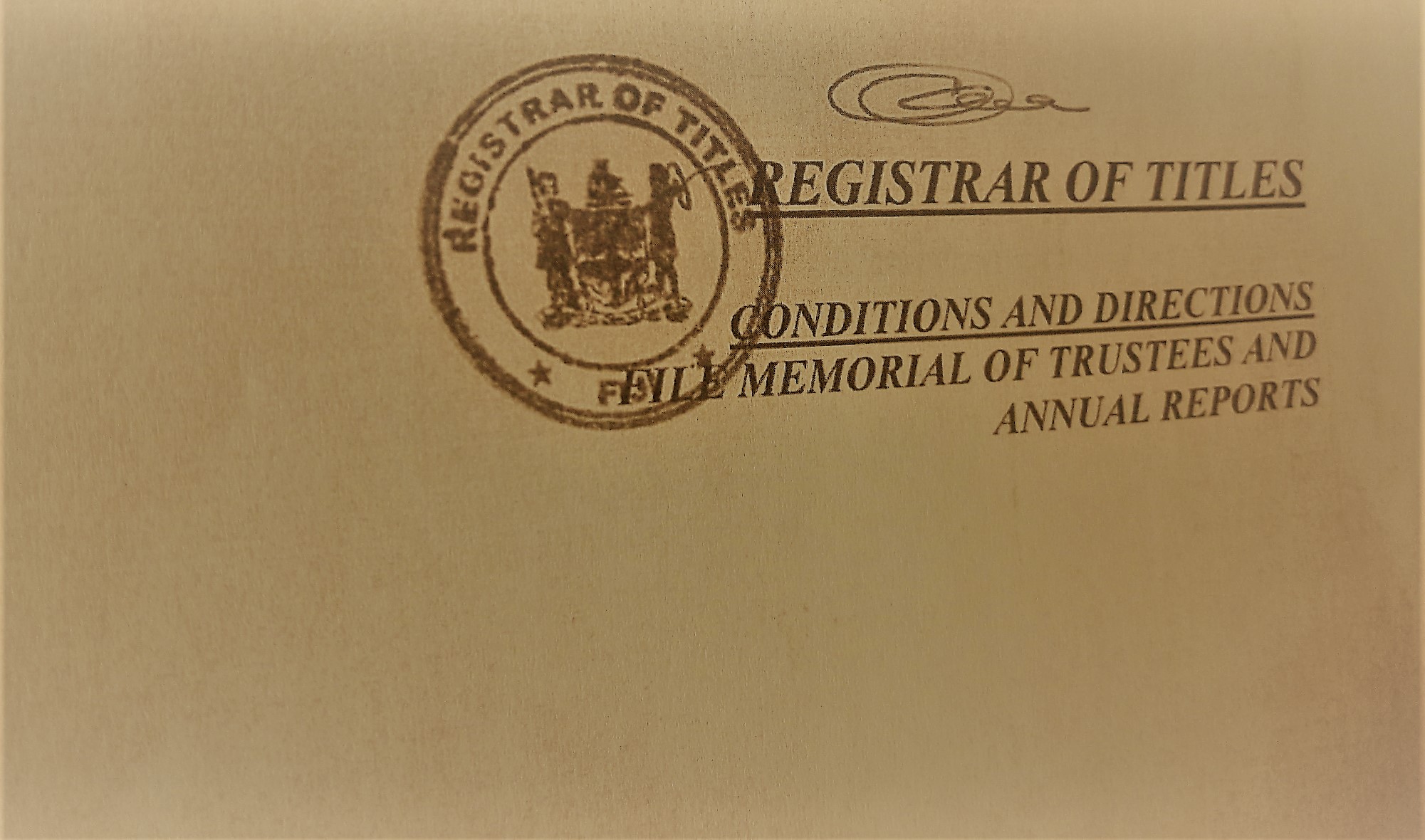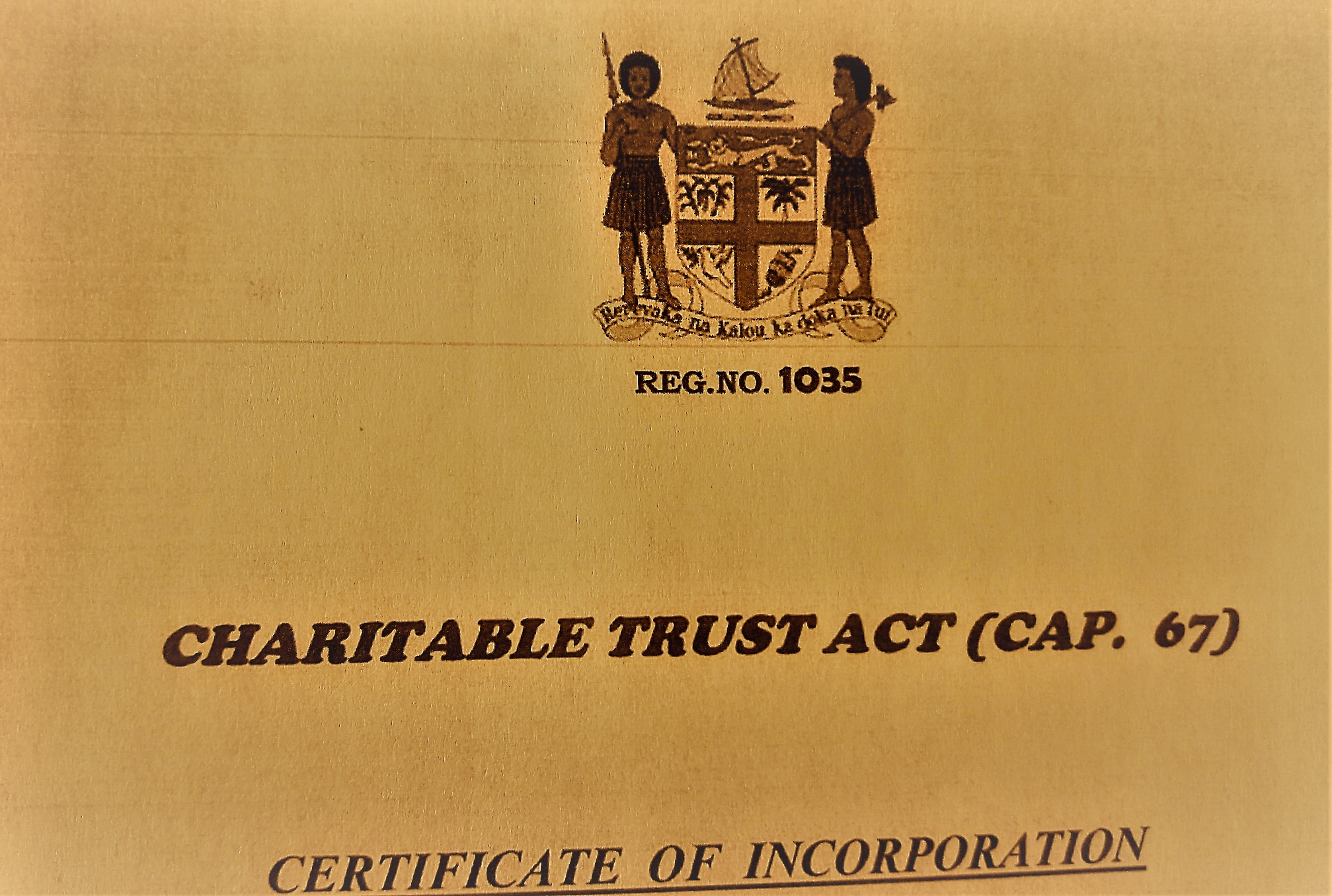As at 2018, there are about seventeen (17) regional and international organisations with offices in Fiji. Some of these not only oversee Fiji programs but also programs in the region and in other Pacific Island Countries.
Apart from these regional and international organisations, there are a multitude of other non-profit entities in Fiji working in areas including protecting the natural environment, children's rights and women's rights. Some of these organisations are not registered in Fiji and operate by way of a memorandum of understanding with the Government of Fiji while others are registered as charitable trusts, as branch offices or as companies limited by guarantee.
There are benefits for non-profit entities by establishing a legal entity under Fiji law and the aim of this bulletin is to consider the two most suitable ways to establish (incorporate) a non-profit entity under Fiji law. These are as a:
- Charitable trust; or
- Company limited by guarantee.

The Fiji Legal Framework to incorporate a charitable trusts or a company limited by guarantee
Upon independence, Fiji inherited its common law legal system and legislation from Great Britain. Many of Fiji's Colonial era laws are still in force and this includes the Charitable Trusts Act, Cap 67 (Charitable Trusts Act).
Fiji's more recent Companies Act 2015 (Companies Act), amongst other things, enables the registration of companies limited by guarantee.
How to incorporate a charitable trust
In order to incorporate a charitable trust it must be registered in accordance with the Charitable Trusts Act. The first step is to ensure that the proposed objectives of the trust meet one of the defined purposes in the Charitable Trusts Act. These are limited to the following purposes:
- religious
- educational
- literary
- scientific or
- charitable purpose.
The definition of a charitable purpose includes:
the supply of the physical wants of sick, aged, destitute, poor, or helpless persons, or of the expenses of funerals of poor persons; the education (physical, mental, technical, or social) of the children of the poor or indigent; the reformation of criminals, prostitutes, or drunkards or the employment and care of discharged criminals.
A notable purpose which is not specifically mentioned in the Act is the protection or sustainable use of the natural environment and Fiji's natural resources but in our experience it may be possible to register a charity pursuant to one of the broader purposes such as science or education.
[Please note: subsequent to the publication of this legal bulletin the relevant Minister has expanded the categories of charitable purpose to include the conservation of the environment and the provision of electricity to rural communities and households in Fiji that do not have such access. For more information, please see here]
It may also be possible to register a charitable trust for a purpose not specifically listed in the Act but before this can happen that purpose must be gazetted by the Minister responsible.
To register a charitable trust, the key document is the trust deed as it contains pertinent details of the trust such as:
- The mission, objectives and powers of the trust
- Eligibility of trustees and how they are appointed
- The manner in which trustees’ appointment may be terminated
- Trustee’s powers
- The manner in which meetings are to be called and held
Together with the trust deed, there are other documents such as meeting minutes, which need to be filed at the Registrar of Titles Office.
Upon the documents being filed for registration, the documents are first vetted before the Registrar can endorse the registration. The registration process can take anywhere between four to eight weeks to complete.
Once a charitable trust is registered pursuant to the Act, it is issued with a certificate of incorporation and the trust is considered to be a body corporate with perpetual succession and a common seal, the ability to hold real or personal property and the ability to sue or be sued in all proceedings whether civil or criminal.
However, it is important to note that registering as a charitable trust pursuant to the Act does not guarantee that the trust will be automatically exempt from tax or other tax liabilities. The Fiji Revenue & Customs Services requires trusts to meet other requirements before it can grant the trust tax exemptions and requirements include:
- That the trust be a non-profit body
- The trust’s funds are not available to members for personal use
- The trust’s assets are not available to members for personal use
- The trust’s assets must be distributed to other charities upon winding up or closure of the trust.
In our view, if the charitable trust considers that it will want to seek a tax exemption then it is essential that these provisions are included in the trust’s constitution or trust deed.
For this reason, and for other reasons, it is important that anyone seeking to incorporate a charitable trust seeks assistance from a Fiji qualified lawyer.
Incorporating a company limited by guarantee
The other option for registering a non-profit body is by registering a company limited by guarantee. A company limited by guarantee has members who guarantee to contribute a nominal amount of funds to the company’s debts in the event of the dissolution (winding up) of the company.
A company limited by guarantee is therefore different from a company limited by shares, where it is the shareholders who hold shares in the company and share in the company’s profits by way of dividends.
Before an application for registration of a company limited by guarantee, it is sensible to make an application at the Registrar of Companies Office to reserve the desired company name. It is possible for a company limited by guarantee to dispense with the word “limited” in its name by making an application to the relevant Minister, who can then issue a license to the company with such approval which will also state that it is given on the basis of the fact that the company is a non-profit entity with the objective of either advancing science, religion, arts or education.
It must also be determined whether the company will need a foreign investment registration certificate (“FIRC”). The FIRC application is made to Investment Fiji and the processing timeframe for a FIRC is between fifteen to twenty one working days.
Once the name has been reserved and the FIRC application has subsequently been lodged and approved, a registration application has to be filed at the Registrar of Companies Office together with a copy of the FIRC as well as a copy of the articles of association if the entity has chosen to adopt its own modified version of the articles.
It is also important to note that a company limited by guarantee is required to have a minimum of three directors, two of whom must be ordinarily resident in Fiji meaning they must have been in Fiji for six out of twelve months at the time of making the application. A company limited by guarantee must also have a secretary who must also be ordinarily resident in Fiji.
If the company is required to apply for a FIRC, the overall timeframe to complete registration could be anywhere between three to four months. If there is no need to apply for a FIRC, the registration timeframe is shortened and we would be looking at completing registration within a month or two on the premise that we are able to finalize documents and obtain other requirements within a reasonably fast time.
As with a charitable trust a company limited by guarantee may be able to seek a tax exemption from the Fiji Revenue & Customs Services.
Conclusions
The incorporation of a non-profit entity in accordance with Fiji law will establish the entity as a "person" in Fiji law and make the incorporated entity subject to Fiji law. For practical purposes this means that the charitable trust or company may, amongst other things, employ people, hold a bank account and secure office premises. It will also be regulated by Fiji law and may also "sue and be sued" in the Fiji jurisdiction.
There may be other sensible and strategic reasons to incorporate under Fiji law and the structure that is chosen may also impact on fund raising opportunities for the non-profit entity.
In order to determine which of these two types of structures would be suitable (as well as all other possibilities) and to understand the regulatory regimes that will apply to the incorporated entity we would advise careful consideration of the non-profit entity's objectives and further advice from a Fiji qualified lawyer and accountant.

This legal bulletin is not, and should not be relied on as, legal advice. It is provided for information purposes only.



